
The so-called Computer Science Engineering was initially part of the Computer Group under the Department of Electrical Engineering. As the field of Computer Science rapidly developed, it was eventually separated. In general, Computer Science Engineering focuses more on the application of information technology, specifically how to plan, process, integrate, and apply information in practical scenarios. On the other hand, Computer Science is more focused on exploring information theory, particularly in the areas of assumptions, logical deduction, and analysis of information. With the evolution of the information field, in recent years, Computer Science and Computer Science Engineering have increasingly integrated.
The research areas of Computer Science Engineering (including Computer Science) cover basic information software programming and applications, as well as the planning and writing of programming languages. Major research fields include network security, databases, artificial intelligence, human-computer systems, multimedia systems, image processing, big data analysis, and visualization analysis. In recent years, Computer Science Engineering has become increasingly popular, mainly due to the high demand for software engineers in the US job market, with tech companies in Silicon Valley such as Microsoft, Google, Facebook, and Amazon being dream destinations for international students.
Below are some popular programs for application, for your reference:
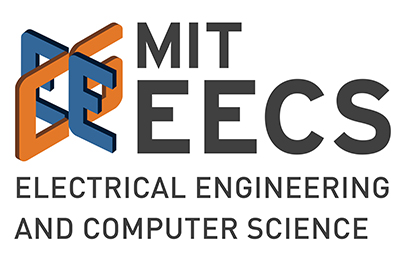
Massachusetts Institute of Technology (Electrical Engineering & Computer Science Department)
Master of Science (SM)
Year Established: 1975 year
Overall/CS Ranking: 3/ 1
The Massachusetts Institute of Technology, abbreviated as MIT, offers a Master of Science (SM) degree in Electrical Engineering and Computer Science (EECS) for students who will continue on to doctoral studies. Students who do not pursue a doctorate can also apply. Additionally, there is a Master of Engineering (MEng) program that is only available for undergraduate students from the EECS department. The department does not offer separate graduate programs. However, it is needless to say that MIT's engineering and computer science courses are world-class, and it is a dream school for many students.
Basic Application Requirements:
GPA 3.5
TOEFL iBT 100
IELTS 7.0

Stanford University (Computer Science Department)
M.S. in Computer Science
Year of Establishment: 1965 year
Overall/ CS Ranking: 6/ 1
Stanford University’s Master’s in Computer Science is subdivided into nine specializations. Students can freely choose the direction they want to focus on and arrange their own course schedules. They can also switch specializations at any time with the approval of their advisor. Stanford’s CS program is strong in all fields including theory, databases, software, hardware, and AI. The school does not require a CS background to apply, but students are required to have quantitative analysis skills and take prerequisite courses in computer systems. One of Stanford’s major advantages is its location in Silicon Valley, which provides abundant resources necessary for CS courses.
List of specializations for Stanford’s Master’s in Computer Science:
1. Artificial Intelligence
2. Biocomputation
3. Computer and Network Security
4. Human-Computer Interaction
5. Information Management and Analytics
6. Real-World Computing
7. Software Theory
8. Systems
9. Theoretical Computer Science
Basic Application Requirements:
GPA 3.5
TOEFL iBT 100
IELTS 7.0

University of California, Berkeley (Department of Electrical Engineering and Computer Sciences)
Computer Science (M.S.)/ Master of Engineering (M.Eng.)
Founded: 1973year
Rank: 22/ 1
University of California, Berkeley (UC Berkeley) is abbreviated as UC Berkeley.
Although applicants are not required to have a background in science and engineering, the school recommends students to have related technical backgrounds and experience. The courses at UC Berkeley are divided into Computer Science (M.S.) and Master of Engineering (M.Eng.). The M.S. program lasts 2 years and is designed for applicants with research experience, offering both coursework and research, making it suitable for students who wish to pursue a Ph.D. or enter industry for R&D after graduation;
The M.Eng. program lasts 1 year and is aimed at students who are research-oriented but do not plan to pursue a Ph.D. immediately. The program teaches skills needed for entering the industry, and students gain technical expertise and leadership and management skills. The main computer-related courses include Data Science and Systems, and Visual Computing and Computer Graphics. Notably, the M.Eng. program includes a Capstone Project, where students form teams of 3-5 people to explore specific problems that can be solved with technology, gaining hands-on experience. UC Berkeley’s teaching is often conducted in small classes, encouraging students to interact with professors and industry collaborators.
UC Berkeley’s Master of Information Engineering is further divided into 10 departments:
1. Artificial Intelligence (AI)
2. Database Management Systems (DBMS)
3. Education (EDUC)
4. Graphics (GR)
5. Human-Computer Interaction (HCI)
6. Operating Systems & Networking (OSNT)
7. Programming Systems (PS)
8. Scientific Computing (SCI)
9. Security (SEC)
10. Theory (THY)
Basic Application Requirements:
GPA 3.0
TOEFL iBT 100
IELTS 7.0
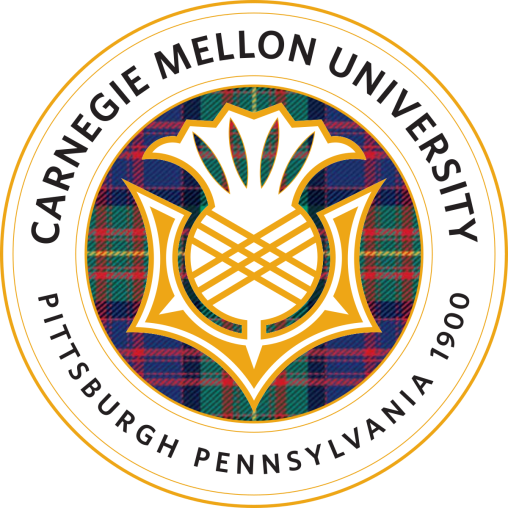
Carnegie Mellon University (School of Computer Science)
M.S. in Computer Science
Founded in: 1965
Rankings: 25/ 1
Carnegie Mellon University (CMU) is the first school in the United States to establish a CS program. The program does not require applicants to have a background in CS, but those without an undergraduate degree in the field may need to take an additional semester of courses to make up for the lack of relevant knowledge. Their computer science courses are highly regarded, including traditional computer science, machine learning, natural language processing, gaming, information networks, software engineering, and more. The curriculum is designed with a focus on both teaching and employment, and each student has a unique schedule. Students need to discuss and plan their study areas with their advisor.
CMU's School of Computer Science (SCS) has six other departments in addition to the CS department:
1. Robotics Institute (RI)
2. Human-Computer Interaction Institute (HCII)
3. Institute for Software Research (ISR)
4. Computational Biology Department
5. Language Technologies Institute (LTI)
6. Machine Learning (ML)
Basic Application Requirements:
GPA 3.5
TOEFL iBT 100
IELTS 7.0
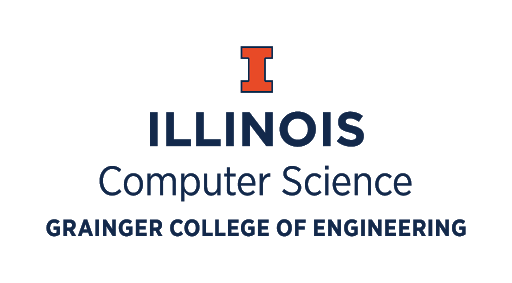
University of Illinois at Urbana-Champaign (Department of Computer Science)
M.S. in Computer Science/ Professional Master of Computer Science (M.C.S.)
Year of establishment: 1966 year
Overall/ CS ranking: 48/ 5
The University of Illinois at Urbana-Champaign (UIUC) offers courses in M.S. in Computer Science and Professional Master of Computer Science (M.C.S.). The M.S. program is suitable for students aiming for academic research and those who plan to pursue a Ph.D. in the future; while the M.C.S. program is non-thesis, non-research based and is considered the final degree. Applicants who do not have a background in CS must have adequate foundational knowledge to apply for the CS program at this school.
The list of fields in the master's program in Computer Science at the University of Illinois at Urbana-Champaign:
1. Architecture, Compilers, and Parallel Computing
2. Artificial Intelligence
3. Bioinformatics and Computational Biology
4. Database and Information Systems
5. Graphics, Visualization, and Human-Computer Interaction
6. Programming Languages, Formal Methods, and Software Engineering
7. Scientific Computing
8. Systems and Networking
9. Theory and Algorithms
Basic Application Requirements:
GPA 3.0
TOEFL iBT 79
IELTS 6.5

University of Maryland-College Park (Department of Computer Science)
M.S. / Ph.D. in Computer Science
Established: 1979 year
Overall/ CS Rank: 64/16
The CS program at the University of Maryland-College Park is research-oriented, offering both M.S. and Ph.D. degrees. In the master’s program, the university provides both thesis and non-thesis options. Notably, students and faculty in the department have the opportunity to collaborate regularly with regional government and industry technology development organizations, such as the Federal Communications Commission (FCC), NASA’s Goddard Space Flight Center, the National Institutes of Health (NIH), the National Institute of Standards and Technology (NIST), the Army Research Laboratory, and the National Security Agency (NSA), among others.
List of Information Engineering Areas at the University of Maryland:
1.Artificial Intelligence
2.Bioinformatics
3.Computer Systems
4.Database Systems
5.Software Engineering/Programming Languages/HCI
6.Scientific Computing
7.Algorithms and Computation Theory
8.Visual and Geometric Computing
Basic Admission Requirements:
GPA 3.0
TOEFL iBT 100
IELTS 7.0
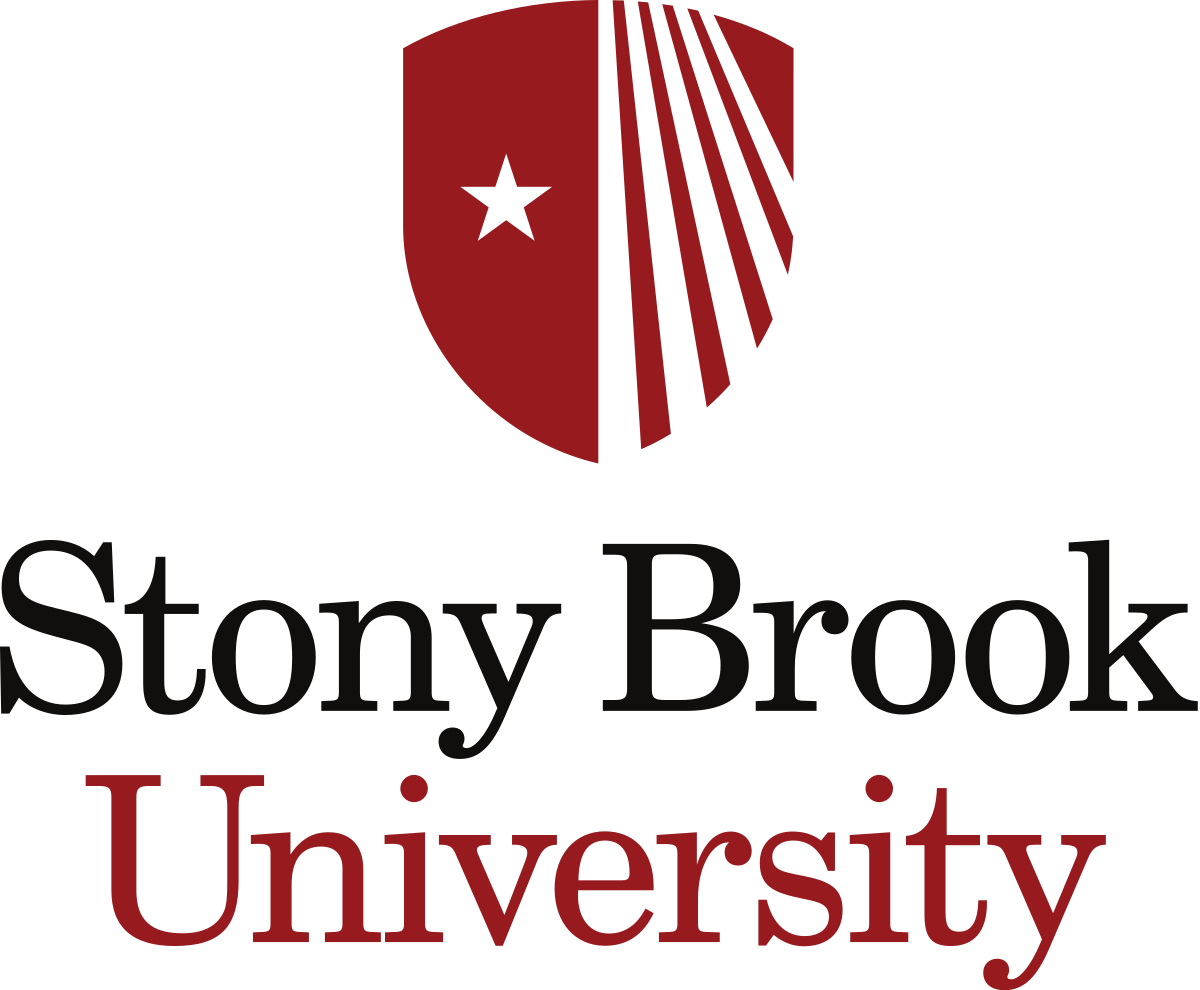
Stony Brook University—SUNY (Department of Computer Science)
M.S. in Computer Science
Year Established:1969 year
Overall/ CS Ranking: 91/40
Stony Brook University—SUNY’s CS program requires applicants to have a background in relevant CS fields. If students do not have such a background, they must have related work/project experience in the field to demonstrate proficiency and must take relevant CS courses. Stony Brook’s master’s program is designed to train students with professional goals in business, industry, or government. The program emphasizes applied computer science, with a focus on software development, programming, computer systems, and applications. In the thesis or project, each student will gain experience from large software or hardware development projects. Additionally, students have the opportunity to collaborate with researchers at the Brookhaven National Laboratory, the Cold Spring Harbor Laboratory, other State University of New York (SUNY) institutions, and various campus entities like the Institute for Advanced Computational Science.
The list of fields in the Department of Computer Science at Stony Brook University:
1.Computer Organization or Architecture
2.Automata and Computability Theory
3.Data Structures
4.Algorithms
5.Databases
6.Programming Languages
7. Operating Systems and Networks
Basic Application Requirements:
GPA 3.0
TOEFL iBT 80
IELTS 6.5



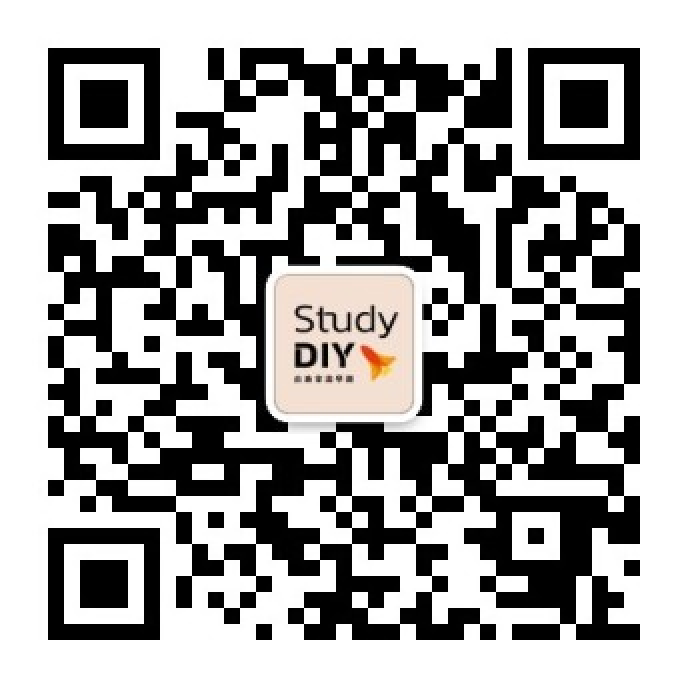
 Study Abroad in Different Countries
Study Abroad in Different Countries Popular Majors
Popular Majors Application Process
Application Process Study abroad exam
Study abroad exam Visa Application
Visa Application Study Abroad Life
Study Abroad Life








 Study in the USA
Study in the USA Study in Australia
Study in Australia Study in the UK
Study in the UK Study in the Netherlands/Ireland
Study in the Netherlands/Ireland Study in Canada
Study in Canada Conditional Admission
Conditional Admission



